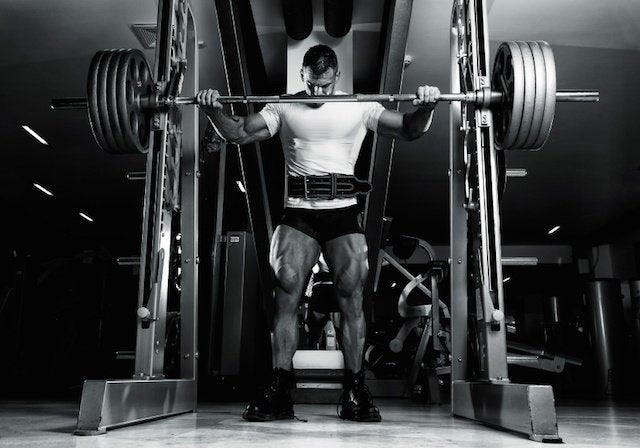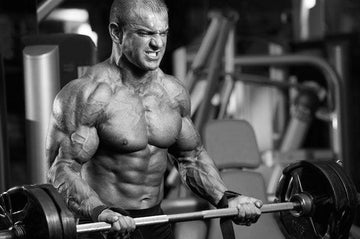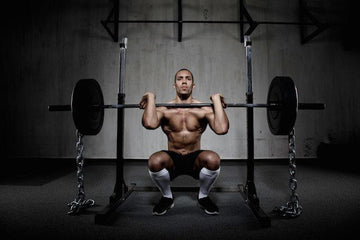

Face Off: Squat vs Leg Press for Mass
Table of Contents
Face Off: Squats vs Leg Press for Mass
Most people that go to the gym are either going to maintain a healthy lifestyle or are involved in some type of sport trying to get performance enhancement from strength gains. Many people going to the gym will choose the leg press over the barbell squat. Many gym novice clients may feel that the squat is dangerous but most of all, the squat is much more physically demanding than the leg press. The leg-press requires less balancing the of the weight. Therefore, less muscle activity contributes toward stabilization compared to the squat. The leg press also allows a lifter to exert more force to be applied in the linear path. Many people like to load up the leg press machine as you commonly see in the gym.
Although the squat and the leg press both work the leg muscles, squat and leg-press exercises are distinctly different and produce different specific neuromuscular adaptations because of various movement patterns. Researchers wanted to examine if the squat and leg press could enhance physical performance. 78 students participated in this study (39 in the training group and 39 as controls). Both groups were divided into two subgroups. The participants were mostly athletes of track and field sports, soccer, hockey or basketball.

The first training group (squat training group) completed an 8-week strength training protocol using the parallel squat.
The 2nd training group (leg-press training group) used the same training protocol using the leg-press (45
Training was conducted twice per week for 8 weeks. The training groups performed 5 sets of their 8-10-repetition maximum (RM) during the firs 3 weeks. The subjects completed each set to momentary muscular failure in the last 2 repetitions of the targeted repetitions scheme (forced reps). Both the squat and leg press group performed the same periodized program using the same relative intensity and volume. Before and after the training program, the athletes were tested for 1RM, squat jump, countermovement jump and drop jump.
At the end of the study, the squat increased performance in the squat jump, countermovement jump and drop jump more effectively compared to the leg press in short-term strength training. The squat training group exhibited statistically significant enhancements in squat jump (12.4%) and countermovement jump (12.0%). Contrary to the squat training group, no changes were observed in the leg press group. Overall, the group comparisons show, that the squat was superior to leg press for improving athletic performance. Overall, these findings suggest that increases in squat strength provide transfer to markers of athletic performance whereas increases in leg press strength offered no meaningful benefit in these parameters.
Wirth K, Hartmann H, Sander A, Mickel C, Szilvas E, Keiner M. The impact of back squat and leg-press exercises on maximal strength and speed-strength parameters. J Strength Cond Res. 2015 Sep 25.
MUSCLE MEDIA MAGAZINE FOR MEN
The premier source of training, nutrition, supplements, fat loss and health for men.

















